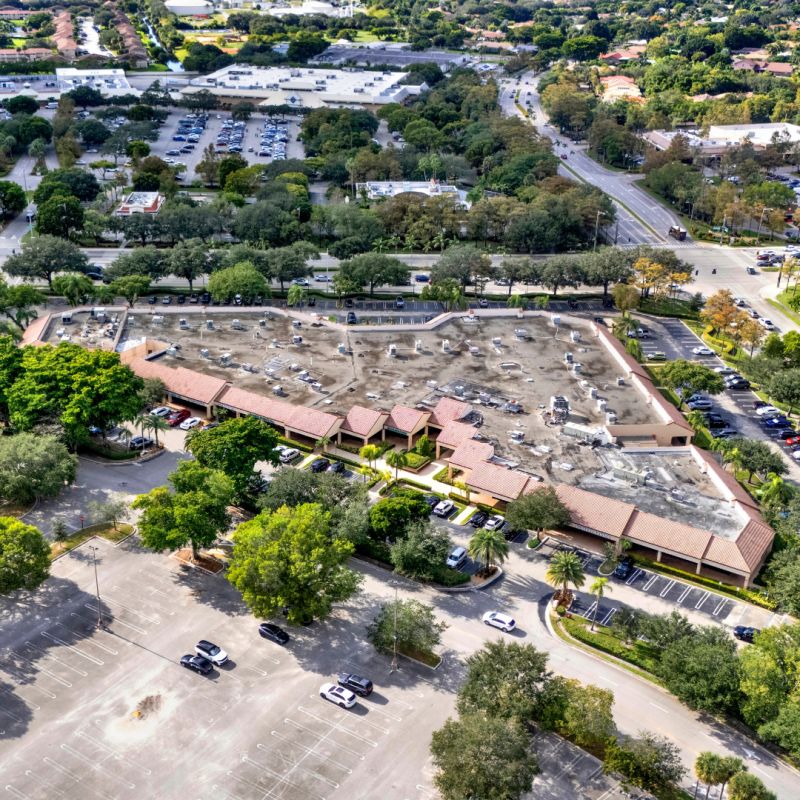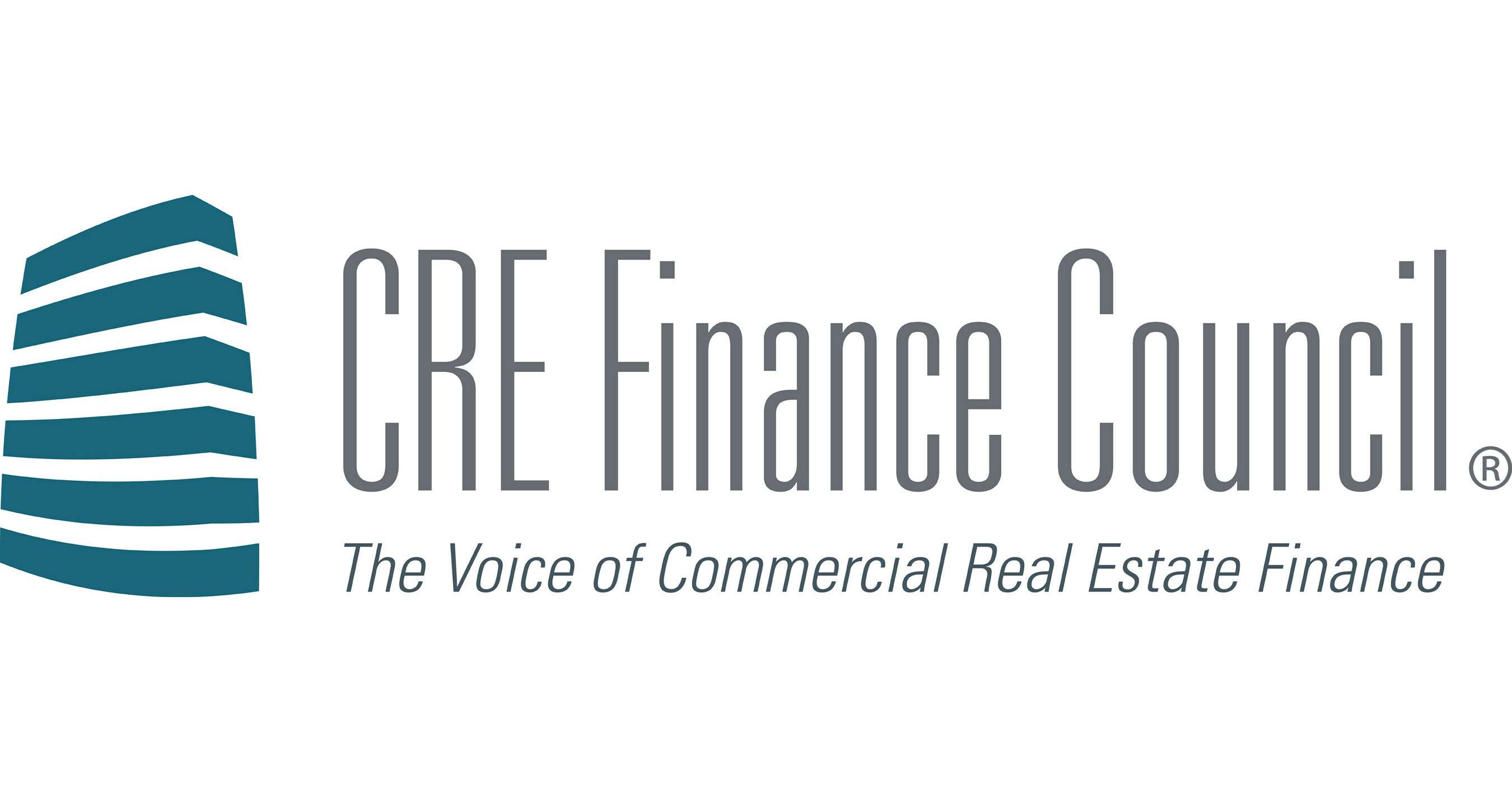T
he Financial Independence, Retire Early (FIRE) movement has evolved from a niche philosophy to a transformative force in global finance. By 2025, its principles of aggressive savings, frugality, and strategic investing have reshaped asset allocation across real estate, low-cost index funds, and personal finance technology. This shift reflects a generational redefinition of wealth, where early retirement is no longer just a personal aspiration but a catalyst for broader economic and market dynamics.
The FIRE movement's appeal lies in its simplicity and rigor. Adherents aim to save 50-75% of their income through lean living and disciplined investing to reach their "FIRE number" – the amount needed to sustain their desired lifestyle indefinitely. This has gained traction among Gen Z and Millennials, who plan to retire by their 50s or 60s, far earlier than previous generations.
A seismic shift in asset allocation is underway, particularly in real estate and index funds. Private real estate has become increasingly valued for its ability to produce steady cash flow and diversify risk. Real estate index funds and REITs have made it easier for investors to gain exposure to real estate without the operational burdens of direct property ownership.
The FIRE movement's emphasis on affordable, functional housing has driven demand for secondary markets and streamlined financing solutions. Younger investors are prioritizing properties that minimize debt and align with their frugal lifestyles, such as small homes or multi-unit properties for house-hacking.
Low-cost index funds have become a cornerstone of the FIRE philosophy, offering broad market exposure, minimal fees, and compounding returns. The global assets under management in low-cost index funds have surpassed $10 trillion, with millennials accounting for over 40% of this growth.
Personal finance technology has democratized access to financial planning, making it easier for individuals to track spending, automate savings, and optimize investments. Digital platforms, robo-advisors, and AI-driven tools have transformed real estate investment, enabling smaller investors to participate in real estate without large upfront capital.
However, the FIRE movement is not without challenges. Inflation, rising interest rates, and economic uncertainty have made it harder for some to save aggressively or qualify for mortgages. Investors must balance their ambition with prudence, ensuring that savings and investments are aligned with both long-term goals and current economic realities.
The FIRE movement offers a compelling vision of financial independence but requires adaptability and vigilance in the face of economic uncertainty. As technology continues to lower barriers to entry, those who prioritize self-sufficiency, sustainability, and long-term planning will be best positioned to navigate the uncertainties of the 21st century.















